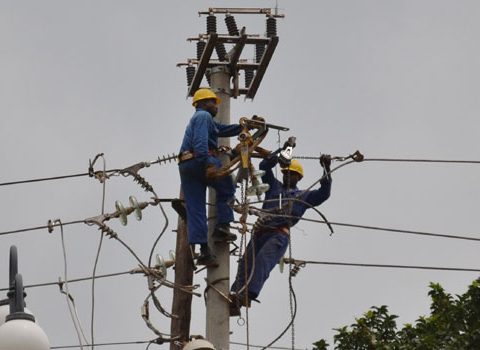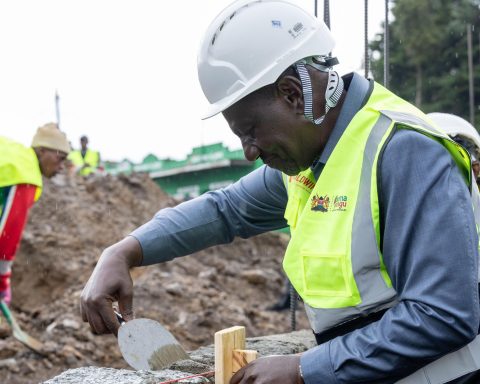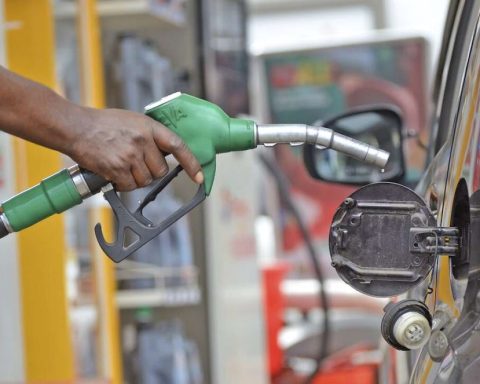EPRA is putting in place regulations to have electricity producers sell power directly to consumers in a bid to end monopoly by Kenya Power.
Kenya Power should brace for competition after the energy regulator revealed that it is working on regulations to allow electricity producers to sell power directly to all consumer groups.
According to the Energy and Petroleum Regulatory Authority (Epra), the rules will pave the way for generators like KenGen to sell electricity directly to significant users like companies.
If the regulations are implemented, they will make the Energy Act of 2019’s provisions for the opening up of the energy distribution market operational.
A growing number of major consumers are switching to alternative energy sources because of the expense and unreliability of the national grid, hence the sector’s opening up is anticipated to reduce income for the state-owned electricity distributor.
“The wheeling regulations are coming. They are going to be out and opened for public participation in the next three months,” Epra director-general Daniel Kiptoo said.
“There is, however, a need to strike a balance and ensure that we do not leave the government holding the baby (Kenya Power).”
Section 136 of the Energy Act, 2019 compels Kenya Power to allow non-discriminatory access to its transmission system for use by any licensed distributor upon payment of transmission or wheeling charges.
Under the Energy Act, “wheeling” means the transmission system, distribution system, and associated facilities of a transmission licensee or distribution licensee can be used by another person on agreed charges.
This means that Kenya Power will charge electricity generators for using its transmission line to directly sell electricity.
KenGen, which accounts for at least 60 percent of the electricity supplied to Kenya Power every year, had in 2020 announced plans to start direct sales upon enactment of the Energy Act.
The State-owned power producer had said its first targets would be the large customers that account for over half of Kenya Power’s electricity sales revenues.
KenGen and the independent power producers will need a distribution licence from EPRA if the wheeling regulations are adopted.
Kenya is seeking to emulate nations such as South Africa and developed economies such as the US and Germany that allow wheeling.
Electricity wheeling is seen as key to ensuring affordable and reliable power supplies but the supply line must be robust.
Independent power producers early this month petitioned Parliament to operationalize the section in the Energy Act to allow for competition in power distribution.












